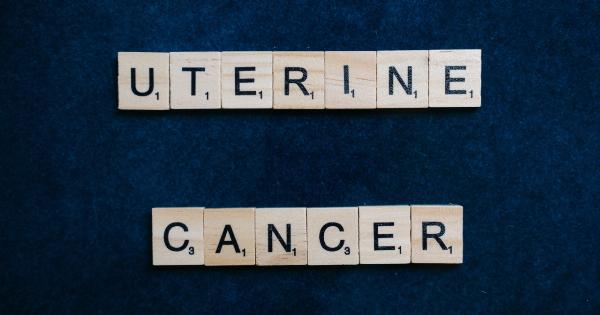Colon cancer can be a life-altering disease, leading to physical and emotional changes. One of the biggest concerns for colon cancer patients is their sexual health.
Patients face various sexual challenges, including physical limitations, emotional trauma, and changes in body image. These challenges can have a profound impact on the patient’s sexual life.
Physical Limitations
Colon cancer patients may experience physical limitations that make it difficult to engage in sexual activity.
Surgery, radiation, and chemotherapy can cause pain, fatigue, and weakness, which can make it challenging for patients to perform sexual activities. In addition, some patients may experience complications such as a colostomy bag, which can make sex uncomfortable or even impossible.
Emotional Trauma
Colon cancer patients often feel a range of emotions, including fear, anxiety, and depression. These emotions can take a toll on their sexual health, leading to a decreased libido and difficulty performing sexually.
Patients may also experience body image issues, leading to a lack of confidence in their appearance and sexuality.
Changes in Body Image
Patients with colon cancer may experience significant changes in their body, such as weight loss or gain, hair loss, and scarring.
These changes can have a profound effect on their self-image, leading to a lack of confidence in themselves and their sexual abilities. Patients may feel ashamed or embarrassed about their body changes and may become self-conscious during sexual activity.
Side Effects of Treatment
The side effects of treatment for colon cancer can also affect sexual health. Chemotherapy and radiation therapy can lead to vaginal dryness, erectile dysfunction, and decreased libido.
These side effects can make it challenging for patients to engage in sexual activity and may also decrease the patient’s sexual desire.
Communication Challenges
An additional challenge that colon cancer patients face is communication with their partner. Patients may feel uncomfortable discussing their sexual challenges with their partner, leading to a lack of communication and understanding.
Fear of rejection or upsetting their partner may prevent patients from discussing their sexual health openly, which can lead to feelings of isolation and frustration.
Treatment Options
There are several treatment options available for colon cancer patients experiencing sexual challenges. Patients may benefit from medications to treat erectile dysfunction or vaginal dryness.
Counseling or therapy can also be beneficial, helping patients to work through their emotional trauma and body image issues. Patients may also benefit from sex therapy or couples therapy, which can help improve communication and intimacy in the relationship.
Support Groups
Support groups can also be helpful for patients facing sexual challenges. These groups provide a safe and supportive environment for patients to discuss their concerns and share their experiences.
Connecting with others who are going through similar challenges can be incredibly empowering and may help patients to feel less alone.
Lifestyle Changes
Patients can also make lifestyle changes to improve their sexual health. Eating a healthy diet, exercising regularly, and getting enough sleep can help patients to feel better physically and emotionally.
Patients may also benefit from practicing stress-reduction techniques such as meditation or yoga, which can help to alleviate anxiety and depression.
Conclusion
Colon cancer patients face a range of sexual challenges, including physical limitations, emotional trauma, changes in body image, side effects of treatment, and communication challenges.
These challenges can have a profound impact on the patient’s sexual health and can lead to decreased quality of life. However, there are several treatment options available for patients, including medication, counseling, therapy, and lifestyle changes.
Patients can also benefit from connecting with others through support groups and open communication with their partner.






























